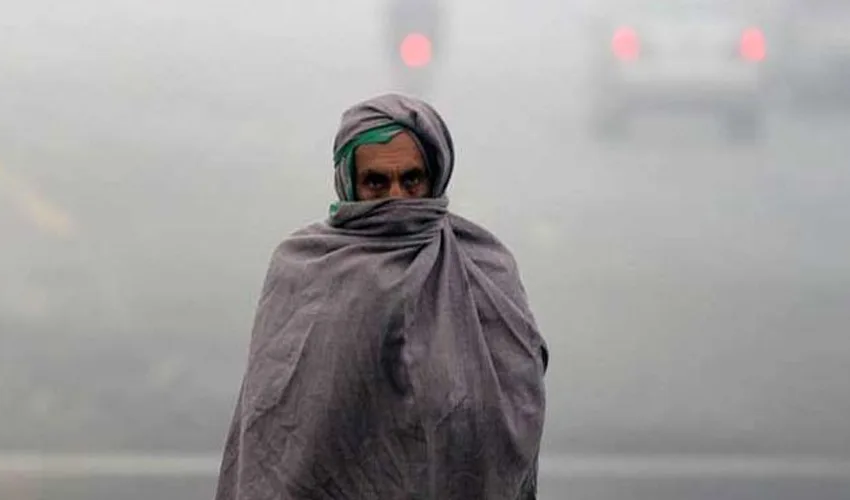
Picture for reference only
A severe cold wave has gripped Karachi and much of Pakistan, with temperatures in the metropolis dropping to 8.9°C on Sunday night, recorded at Jinnah Terminal. Other areas, including Gulistan-e-Jauhar and Shahrah-e-Faisal, saw lows of 10.5°C and 11.5°C, respectively, while Mauripur recorded a slightly warmer 12.5°C, according to the Pakistan Meteorological Department (PMD).
The chilly conditions have been intensified by icy winds from Balochistan, making the temperatures feel 2 to 4 degrees lower than the readings. Karachi’s weather remains cold and dry, with daytime highs expected to reach 27°C. Winds are blowing at 7 km/h from the northeast, with humidity at 50%. Despite the cold, the city’s air quality is a pressing concern, with the Air Quality Index (AQI) hitting a hazardous 183, posing risks to sensitive groups.
The cold snap extends nationwide, with northern areas experiencing harsher conditions. Leh in Gilgit-Baltistan reported the lowest temperature at a frigid -13°C, followed by Skardu at -7°C and Kalam at -6°C. Islamabad recorded -1°C, while cities like Lahore, Peshawar, and Multan ranged between 3°C and 7°C.
Northern regions, particularly in Gilgit-Baltistan, have been blanketed by heavy snowfall, disrupting daily life and covering roads and homes. In Balochistan, cities such as Quetta, Kalat, and Ziarat reported temperatures as low as -6°C and -5°C.
The PMD has warned of continued cold and dry conditions across the country and urged residents to take precautions as the cold wave persists.
Lucky Investments Limited (“Lucky Investments”) rating has been upgraded to AM2++ with a Stable Outlook…
Mr. Atif Ikram Sheikh, President of the Federation of Pakistan Chambers of Commerce & Industry…
Indian Prime Minister Narendra Modi's recent trip to Israel, shortly before escalating tensions with Iran,…
TikTok, owned by Chinese tech giant ByteDance, announced it would refrain from implementing end-to-end encryption…
Police have nabbed the prime suspect in an acid attack that occurred on Wednesday in…
The distribution of financial assistance under the Ramazan relief package commenced today in Peshawar. This…
This website uses cookies.